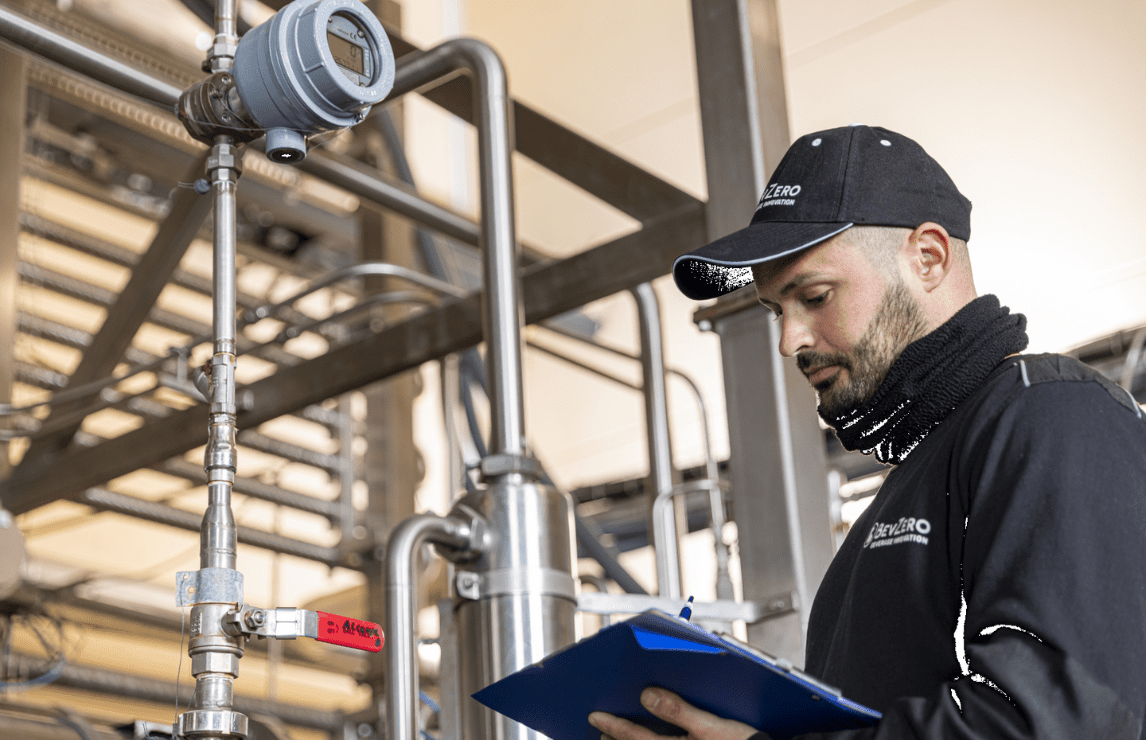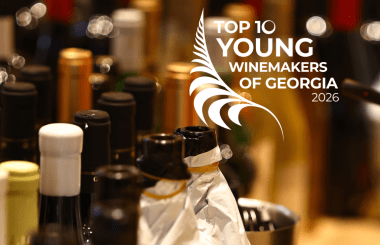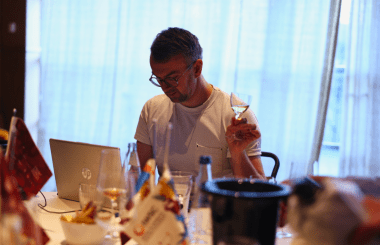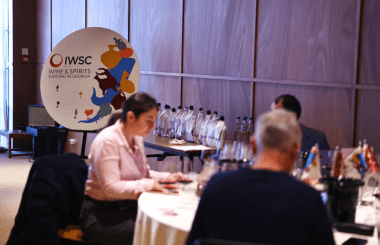Quality without compromise: BevZero’s role in the low & no wine revolution
While wine consumption continues to decline around the world, the low & no category is booming. Driven by evolving consumer behaviours and the increasing quality and availability of low & no products, the industry is now worth over US$13 billion. The UK market is valued at £255 million and is expected to grow to £432m by 2027, with the UK low & no market more than doubling in 2024 versus 2023 according to the IWSR. The low & no wine category is seeing a positive shift from new product development at lower-end prices to more premium products. Perfectly poised to capitalise on this trend is dealcoholisation specialist BevZero, which has over 34 years of experience in the no/low sector and is a world leader in providing its clients with high quality no and low-alcohol products from brainstorm to bottle.
With offices in Spain and South Africa, the California-based firm offers a turnkey solution for its clients, looking after everything from reverse engineering the wine to product development. “We’ve got years of experience in making non-alcoholic wines, so when the market began to grow we already had the edge and were able to offer our clients quality products from the get-go,” says Fouché, who adds that BevZero is constantly fine-tuning its equipment and technology in order to remain at the forefront of non-alc innovation. Serving as a one-stop shop for drinks brands of all sizes seeking to bottle their big idea, BevZero uses low temperature vacuum distillation technology, which allows for the gentle removal of alcohol while preserving and reusing nearly 100% of the aromas and flavours that can be added back to the de-alcoholised fraction to retain the original characteristics of the wine in the finished product.
“Retaining the aromatics in non-alcoholic wines is really important,” says Fouché. “You can’t replace them if they’re lost.” For Cedeño, it all comes down to starting with a high quality product. “Choosing the right wine is vital. If you work with a good base wine then you’ll get fantastic results,” she says. Over the last decade BevZero’s growth has been exponential. “In 2015 we were making half a million litres of non-alcoholic wine in Spain. This year we’ll be bottling over eight million litres,” says Cedeño. BevZero’s white label programme is a fast-track service that sees the firm take control of the whole production process, from sourcing the base wine and conceptualising the product to the dealcoholisation and bottling. Keeping on top of current drinking trends, BevZero’s white label wines include a range of alcohol-free reds, whites, rosés and sparklers, which can be bottled or canned. The firm also works with clients on bespoke private label products, which are ideal for wineries that want to hit the ground running with a customised alcohol-free brand.
The bulk of the company’s clients are large wineries seeking to add 0% ABV wine brands to their portfolios to attract a new audience of consumers in the UK, EU, Asia, the US and Canada. In keeping with market trends, the vast majority of BevZero’s business – 90% in Spain and 85% in South Africa – comes from the production of non-alcoholic wines, with still and sparkling white and rosé expressions leading the charge in line with current consumer tastes. In South Africa there are price advantages to turning full strength wines into non-alcoholic expressions. “Producers are creating 0% ABV wines from their existing stock as they can get a better premium for non-alcoholic wines and it allows them to play in a new market,” says Fouché. It's a similar story in Spain. “The big wineries are realising that in order to remain relevant and competitive they need a non-alc wine in their ranges. They want to connect with younger consumers and don’t want to miss out on the trend,” says Cedeño.
Helping winemakers dealing with rising temperatures, BevZero distributes equipment designed for hotter conditions, from BevClad tank insulation to Vinfoil tank mixers, which allow wineries to maintain optimal fermentation temperatures, ensuring consistent and controlled production while decreasing energy consumption. The firm is also the exclusive distributor of next generation dealcoholisation tech ClearAlc, created by Tomsa Destil, which uses a patented single pass vacuum distillation process capable of separating different volatile aromatic compounds in an energy efficient way that reduces product loss and requires minimal water use. In addition to creating 0% ABV wines, BevZero specialises in alcohol adjustment, which is becoming an increasingly popular service due to the effects of global warming and the resulting rising alcohol levels.
Able to take a targeted approach specific to each client’s needs, to ensure the correct alcohol level is achieved, BevZero offers ‘Sweet Spot’ consultations where the client tastes through a series of wines starting with the original product and moving on through increments of adjusted alcohol levels to determine the desired final product. “The current preference is for lower alcohol levels in wine, so producers are choosing to adjust their alcohol levels slightly to fit market,” says Fouché. “We can give them the best of both worlds: a great fruit profile at a lower alcohol level.” The service is also being used by winemakers who are keen to capitalise on tax breaks on wines shipped to the UK at under 11.5% ABV. For Fouché, the global no/low category is just getting started and is set to become one of the most dynamic drinks sectors going forward. “This is just the beginning – we’re going to see huge growth within the space in the coming years,” he says. “Technology is improving every year and the competition among producers is stimulating the need for higher-quality non-alcoholic wines, which is helping the category massively.”
Find out more about BevZero.



